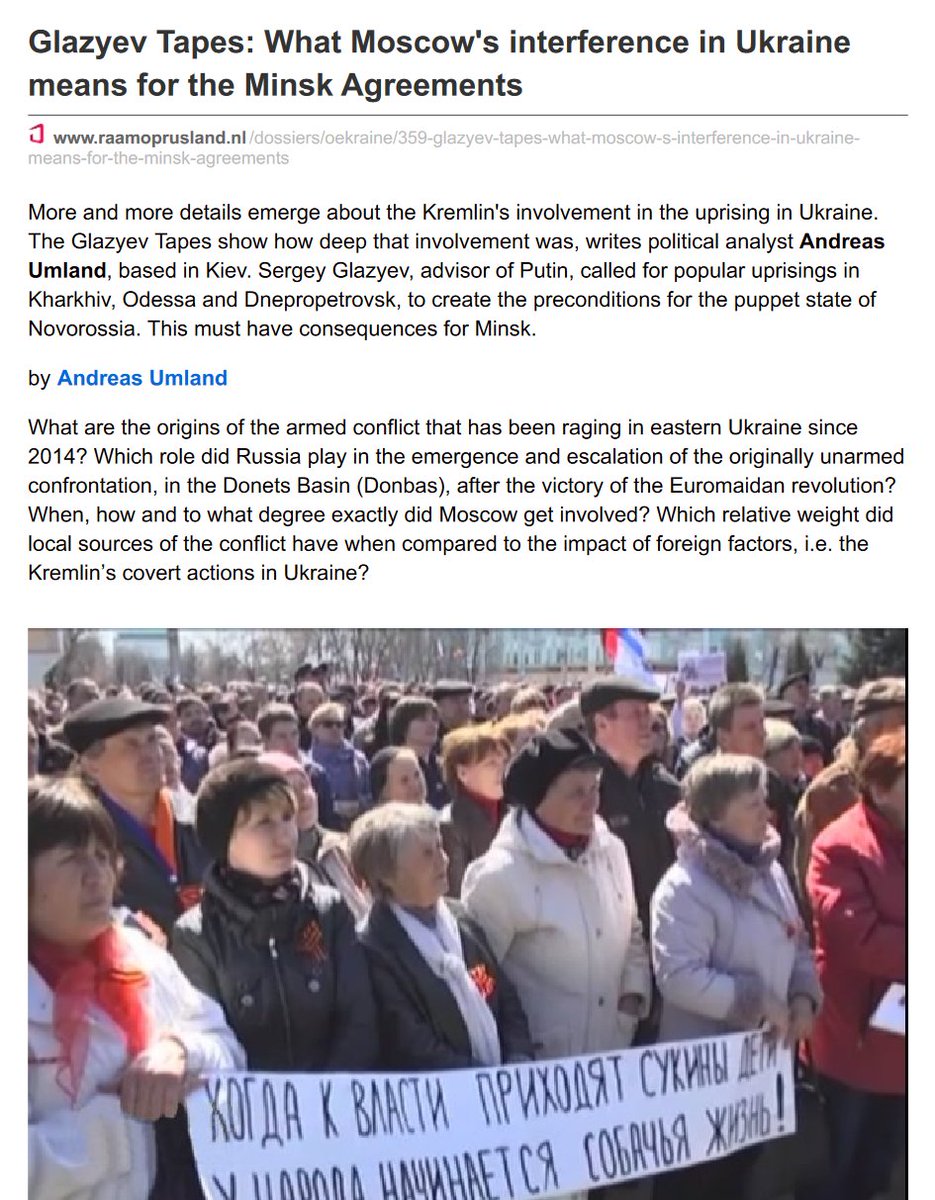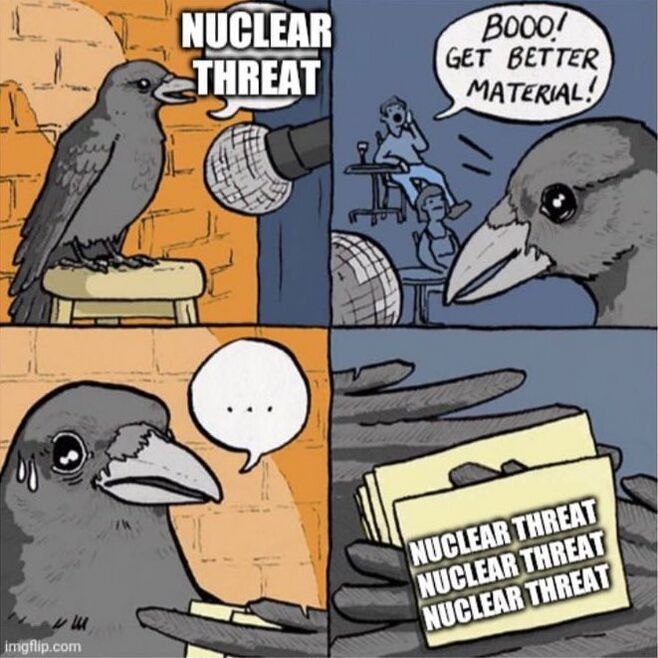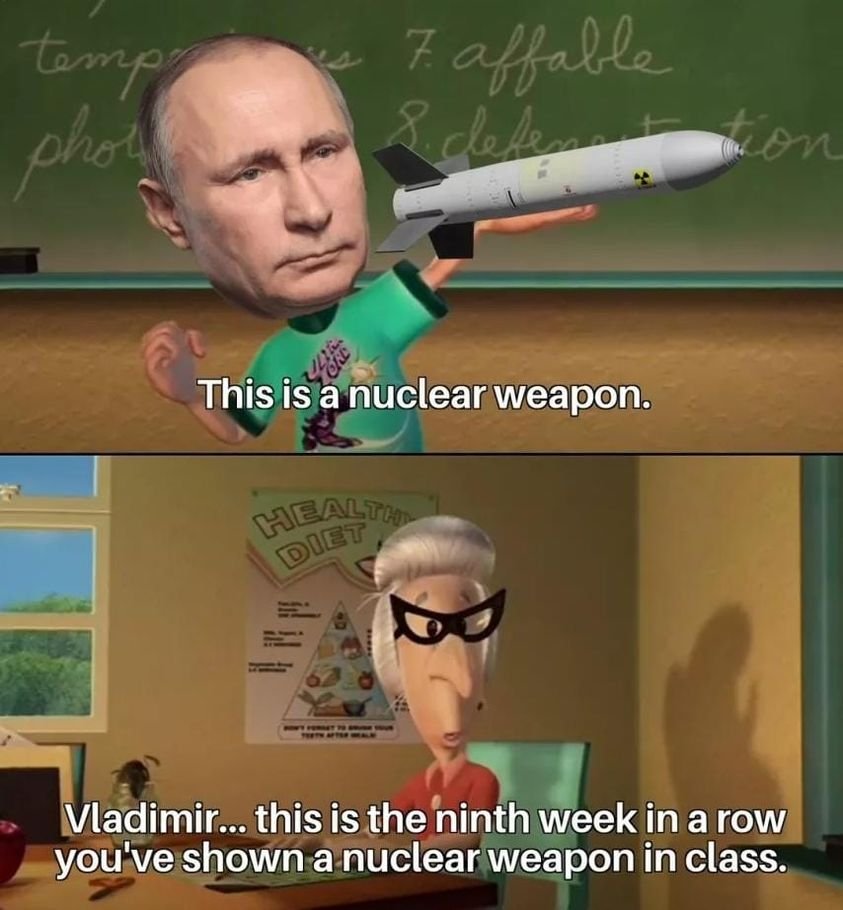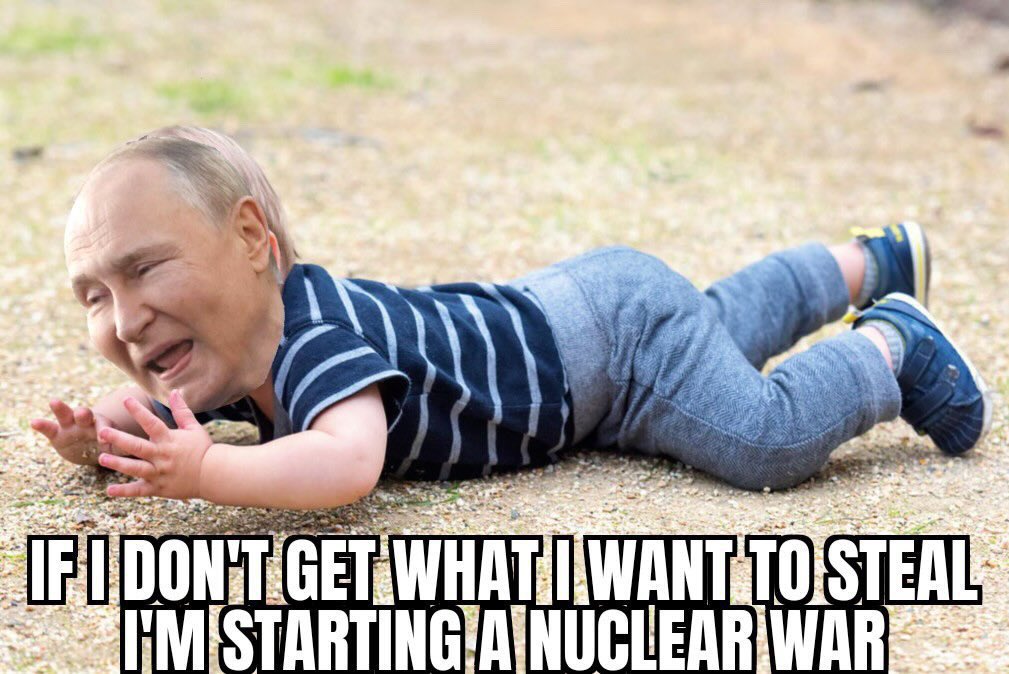In today's #vatniksoup, I'll discuss about one of the less-known events of the Russo-Ukrainian War: the 2014 Odessa clashes.
It's often used by pro-Kremlin propagandists to prove that the "neo-Nazis" in Ukraine were "persecuting" the Russian-speaking population in Ukraine.
1/22
It's often used by pro-Kremlin propagandists to prove that the "neo-Nazis" in Ukraine were "persecuting" the Russian-speaking population in Ukraine.
1/22

The Odessa Trade Union House fire is not as widespread propaganda narrative, probably due to the lack of any US-involvement. It's still spread by Kremlin mouthpieces like @aaronjmate, who framed the incident as done by "neo-Nazis".
2/22
2/22
GRU asset and former RT journalist Yana Yerlashova even made a propaganda "documentary" of the event, putting the blame on the "Ukrainian neo-Nazis". The incident has been often used to incite unrest between the Ukrainian and Russian-speaking populations inside Ukraine.
3/22
3/22
In early 2014, the city of Odessa saw a lot of both pro-Ukraine and pro-Russia protests. On 26 Jan 2014, 2000 pro-Ukrainian protestors marched on the regional state administration building but were blocked off by the Yanukovych's men and other pro-Russian activists.
4/22


4/22


This type of confrontations continued over the next month, and on 19 Feb, the violence finally erupted. Around 100 unidentified men wearing masks and helmets, armed with baseball bats, attacked a pro-Ukraine demonstration. Two cameramen and three journalists were injured.
5/22


5/22


As we now know, the pro-Russian side was funded and supported by the Kremlin & especially by a Russian politician Sergey Glazyev. The so-called Glazyev tapes exposed that Glazyev was actively organizing and funding the pro-Russian movement in Kharkiv, Odessa & other cities.
6/22


6/22


After Yanukovych fled Kyiv, a pro-Russian mob armed with clubs and ranging from 5000 to 20 000 people protested on the streets of Odessa. Few days after this, a group of 300-500 protesters attempted to seize the Odesa Oblast Council building while it was holding a session.
7/22
7/22

The mob's playbook came directly from the Kremlin puppetmaster Vladislav Surkov - they replaced the Ukrainian flag with a Russian one, and demanded a referendum on the establishment of an "Odessa Autonomous Republic" - just like they did in Luhansk and Donetsk.
8/22


8/22


On 30 Mar 2014, Russian ultranationalist Anton Rayevsky was captured, arrested and deported from Ukraine for allegedly working for the Kremlin and organizing these pro-Russian events. They also found antisemitic and anti-Ukrainian materials in his possession.
9/22


9/22


Some pro-Russian keyboard warriors then tried to make the "Odessa Autonomous Republic" happen online, but the local pro-Russian actors had already jumped on to the Kremlin's next plan to make Odessa part of the wider federated state called "Novorossiya".
10/22


10/22


The tensions in the Odessa region remained high, and for example on 25 Apr 2014, a hand grenade was thrown at a joint pro-Ukrainian checkpoint, injuring seven people. Russian media reported the incident as an "accident due as a result of reckless behavior with weapons".
11/22
11/22

The pro-Russian side had agreed to dismantle their camp on 2 May on Kulykove Pole, in front of the Trade Union House, in preparation for the Victory Parade. The police was trusted to detain the radical activists from both sides while avoiding any excessive use of force.
12/22
12/22
At around 2 PM,1500 football fans and ultras, along with right-wing Right Sector members and ordinary people gathered for a pro-Ukraine protest at the Sobornaya Square.They were then attacked by 300-strong mob of pro-Russian, Odesskaya Druzhina members with bats & firearms.
13/22
13/22
As was later reported, the police did absolutely nothing to keep these two groups separated, and a report by the Council of Europe even suggested that the pro-Russian protestors and the police were secretly colluding with each other.
In other words: the police were bribed.
14/22


In other words: the police were bribed.
14/22


After this, numerous fights broke out. Protestors were throwing stones and petrol bombs, and they built barricades throughout the city. The first activist to open fire was pro-Russian activist Vitaly Budko, who opened fire with an AK-74 automatic rifle.
15/22
15/22

Based on eyewitnesses, he was covered by the police and later, after pro-Ukrainian protestor Igor Ivanov was killed, fled the scene with police commander Dmitry Fuchedzhy.
Fuchedzhy later fled to Russia and obtained Russian citizenship.
16/22
Fuchedzhy later fled to Russia and obtained Russian citizenship.
16/22

After the murder of Ivanov, the two parties started fighting aggressively. The pro-Ukrainian protesters torched the camp on Kulykove Pole, and the pro-Russian forces fled to the Trade Union House. After the pro-Russian protestors camped inside the house, both parties...
17/22
17/22

...started throwing Molotov cocktails at each other. The building caught on fire, and a total of 42 people died from either carbon monoxide poisoning or from jumping off the building.
18/22
18/22

The Kremlin has naturally blamed the deaths on the pro-Ukrainian protestors, whereas the forensic examination of the fire by the Ukrainian Ministry concluded that four out of the five fires could've actually started only from inside the building.
19/22


19/22


Volodymyr Nemyrovsky, Governor of Odesa Oblast, later stated that the whole conflict could have been avoided had police fulfilled their duties, and accused the police of inciting the confrontation and taking bribes from the separatists' side. Several police officers...
20/22
20/22
..even wore the red armbands worn by the pro-Russian side. The high number of deaths could also be due to the delay of the emergency services - it took the first crew 40 minutes to arrive to the scene, even though the nearest fire station was less than a 5 minute drive away.21/22 

To conclude: The Odessa fire was a real tragedy, but it could've been avoided if the Kremlin and Glazyev didn't fund the pro-Russian movement, and if the police and the fire department would've taken their job more seriously and not be blinded by bribes.
22/22
22/22

Also, Volodymyr Bodelan, former head of Odesa firefighters, was heavily criticized for his "improper performance of his official duties".
He later fled to Russia and was later given a high-ranking post in Russian-occupied Crimea.



He later fled to Russia and was later given a high-ranking post in Russian-occupied Crimea.



• • •
Missing some Tweet in this thread? You can try to
force a refresh
































